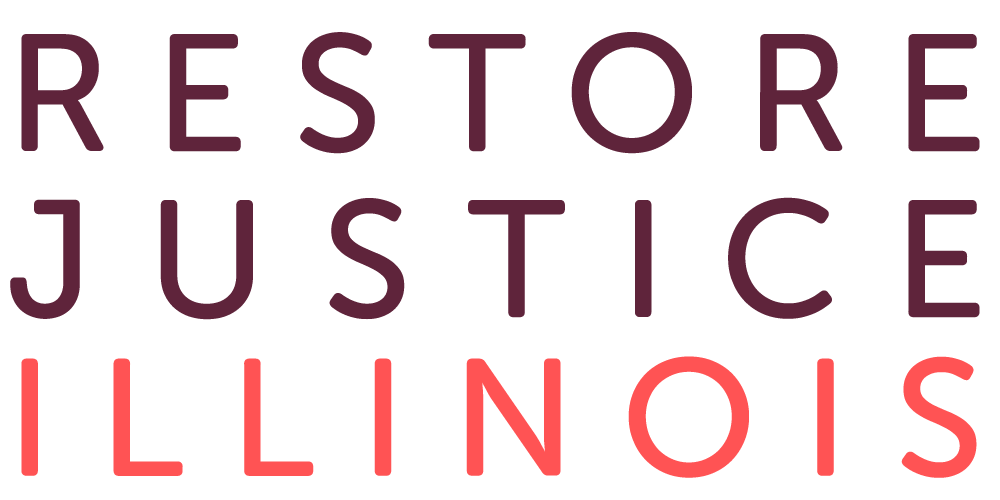May 29, 2021 – Chicago, Il.
Restore Justice Illinois strongly supports the confirmation of 10 Prisoner Review Board (PRB) members by the Senate Executive Appointments Committee at their hearing on Monday, May 31.
Of the 10 appointees, Governor Bruce Rauner originally appointed four, while six were originally appointed by Governor JB Pritzker. Recent attacks on Governor Pritzker for not seeking timely confirmation of appointees are specious, particularly given the impact of COVID-19 on state priorities and limited legislative calendars. In fact, the PRB exceeded our expectations for carrying out their responsibilities during the pandemic.
The PRB plays a crucial role in carrying out the law as it pertains to people sentenced before 1978. In 1978, Illinois joined a minority of states that abolished discretionary parole. After abolishing discretionary parole, the Illinois prison population skyrocketed from roughly 6,000 incarcerated people in the 1970s to more than 48,000 at the peak in 2014.
“Over the past six years, the PRB has consistently worked to improve its discretionary parole review process with a combination of Rauner and Pritzker appointees, Democrats and Republicans, working together to make complex decisions on a case-by-case basis,” Restore Justice Illinois Founder Jobi Cates said.
Since 2015, Governor Rauner, Governor Pritzker, and the Illinois General Assembly have all prioritized reducing the prison population. As a result of their combined efforts—and coinciding with dropping crime rates and pandemic-driven emergency population reduction measures—there are now fewer than 27,500 people incarcerated in Illinois state prisons.
Among that 27,500, there are fewer than 50 parole-eligible people left in Illinois Department of Corrections (IDOC) prisons who received indeterminate sentences (parole-eligible) before 1978. Those individuals have a right by law to a fair, thorough, and timely review, and Restore Justice Illinois maintains this slate of board members has effectively executed their responsibilities.
“A decade ago, it seemed the parole review process for pre-1978 cases yielded a negligible number of releases. This contributed to an increased burden on our overtaxed prison health care system, as those pre-1978 people aged into needing more health and elder care services. A recent court-ordered report showed that poor care puts patients at unnecessary risk. Democrats and Republicans both took actions to ensure every relevant agency did its part to reduce the population within current legal frameworks and with community safety—not vengeance or politics—as the guiding principle,” Cates said.
The PRB must digest, consider, and debate information about a person’s criminal history, their offense and its victims, their prison behavioral record, their likelihood of reoffending, and their release plan. Hearings are held, and minutes from those hearings are posted on the PRB website. Victims are notified of the process and are allowed to support or oppose release, and an opponent of the release is allowed to participate in the hearing. The process frustrates many progressive advocates because it is so rigorous and has denied too many individuals the chance to prove their rehabilitation and earn redemption.
We look to the Illinois Constitution, which states, “All penalties shall be determined both according to the seriousness of the offense and with the objective of restoring the offender to useful citizenship.” By this standard, sentences that preclude an individual from ever being restored to citizenship should always be tested, debated, challenged.
COVID-19 placed even more grave decisions before the PRB, more grave than simply measuring each case against the law and our state’s constitution. To deny an elderly or ailing individual release during this pandemic may have been tantamount to a death sentence. The PRB members comported themselves well, made tough decisions in a bipartisan manner, and should be retained by the Illinois State Senate.
***
Restore Justice, which comprises Restore Justice Foundation and Restore Justice Illinois, works to address issues faced by those serving life or de-facto life sentences, their families, and their communities. Founded in 2015 by a dedicated group of advocates that included the late former Congressman, Federal Judge, and White House Counsel Abner Mikva, Restore Justice trains and supports advocates, conducts research, nurtures partnerships, and develops policy solutions that will roll back ineffective “tough on crime” policies of the past, replacing them with compassionate, smart, and safe policies for the future.

